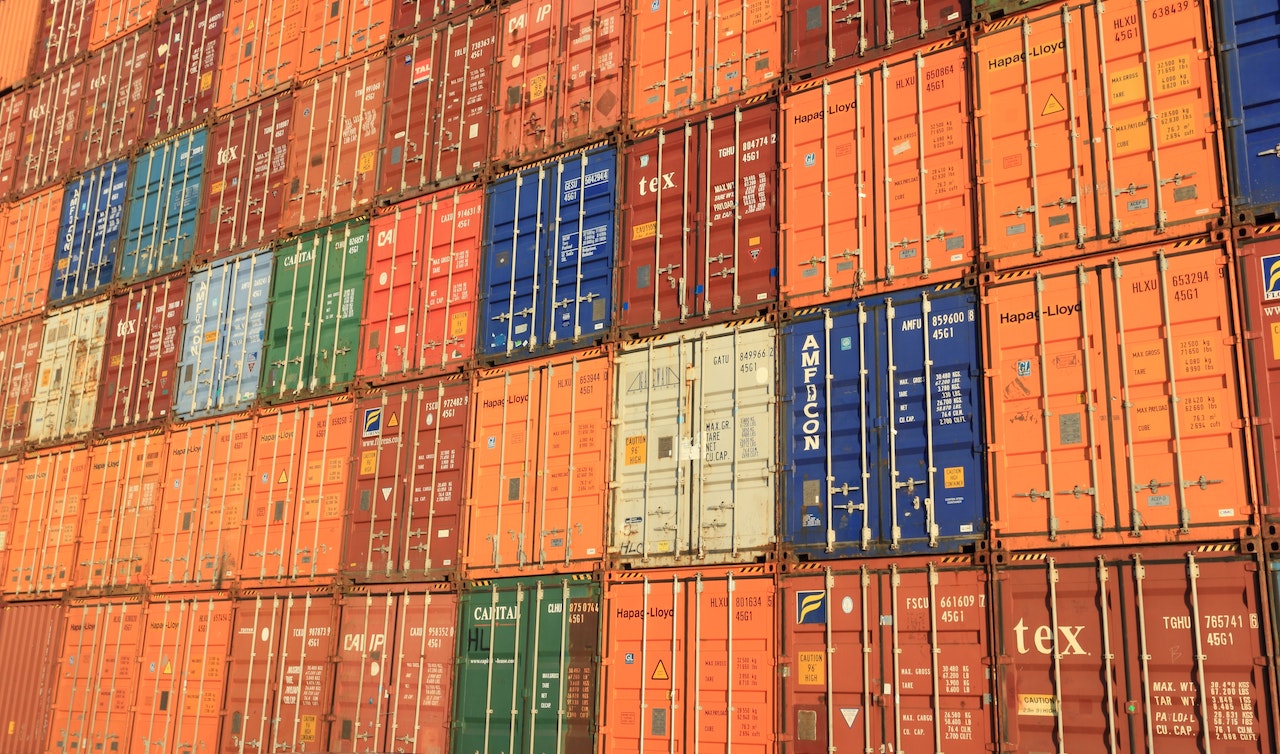Singapore Green Jet Fuel Levy on Travellers Ignites Funding Debate
Prolonged Destocking Challenges for U.S. and European Companies

Many American and European enterprises could be grappling with an extended period of economic uncertainty as they navigate the challenge of reducing their bloated inventories amidst sluggish demand. Overflowing warehouses have translated into reduced manufacturing orders, leading to decreased business activity and potentially hampering overall growth.
Geopolitical tensions, like the Russian-Ukraine conflict, have further elevated raw material costs, compounding the inventory issue. Despite global demand easing due to higher borrowing costs, destocking progress has been slower than expected. Industry leaders, including the CEO of Maersk, a major global container shipping company, express surprise at the extended timeline for inventory reduction, potentially delaying recovery until the following year.
Major names across sectors, such as Hugo Boss and Heineken, report lackluster performances due to prolonged destocking, particularly impacting retailers with surplus clothing and footwear. As concerns grow about economic recovery, the lingering destocking process poses challenges for near-term growth prospects.
Against the backdrop of China’s slowing post-pandemic recovery, companies are bracing for lackluster second-quarter results. Refinitiv I/B/E/S data highlights the anticipation of some of the poorest quarterly performances in years for U.S. and European businesses.

